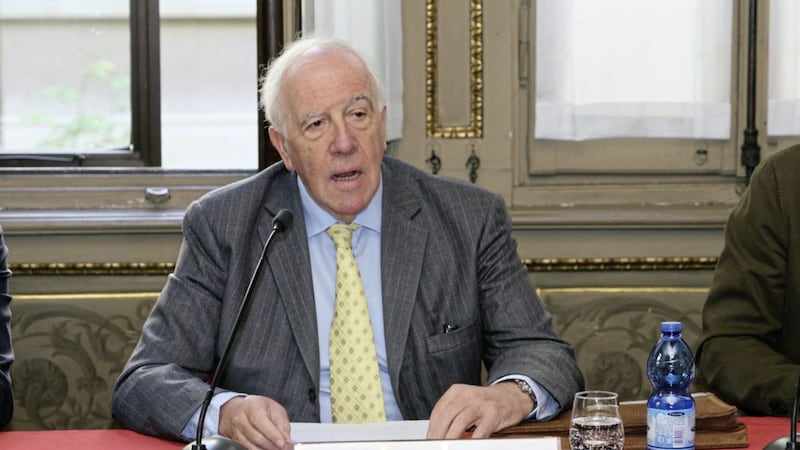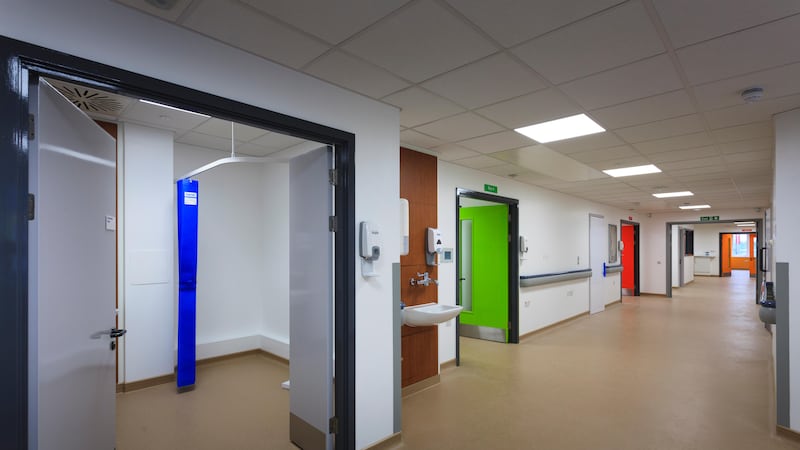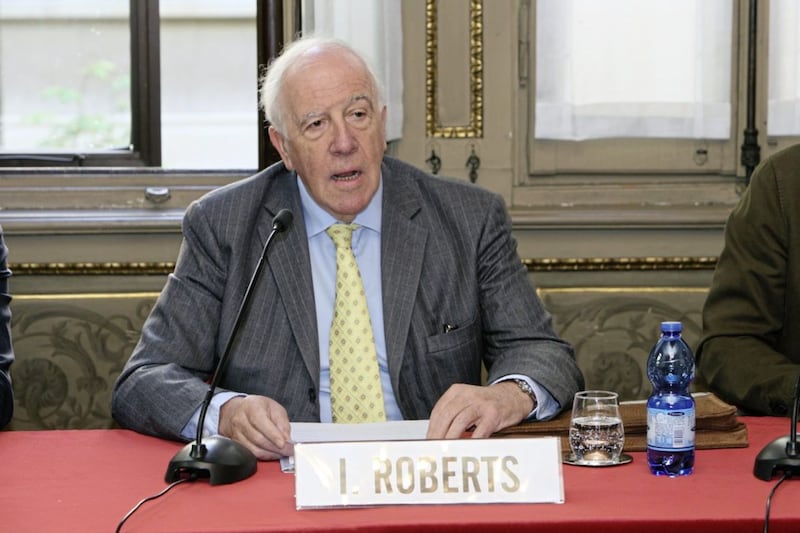A former British ambassador to Ireland, Sir Ivor Roberts, has revealed he has applied for an Irish passport in response to Brexit because he has "a house in Italy".
Sir Ivor Roberts said he had formally become an Irish passport holder after pressure from his three children, who he said also intend to apply for an Irish passports to allow them freedom of movement after Britain leaves the EU in 2019.
Recent figures show that applications from the UK for Irish passports were up 74 per cent in January, compared to the same time last year. There were more than 7,000 applications from people from Northern Ireland in January, up from 3,973 in the same month last year.
The retired diplomat spent 38-years working for the British Foreign office with postings in Lebanon, Serbia and Canberra before being appointed as the Head of Counter-Terrorism and then to Dublin as ambassador, immediately following the signing of the Good Friday Agreement.
However, speaking to The Irish Times he said he had applied for an Irish passport as his family owned a house in Italy, "and I don’t want to find myself queuing to get through Rome airport every time I go there."
"My children pushed me to do it because they are all planning to take Irish citizenship too", said Sir Ivor.
"I obviously worked for the British government for 40 years and I’m not giving up my British citizenship", he added.
The Robert's family's relationship with Ireland dates back to his Welsh grandfather, who married an Irish woman from Waterford named Tessie Moore, he met while working in England.
In 1908 the Catholic Church issued a 'ne temere decree' that stated in mixed marriages, children should be brought up Catholic and the Catholic partner should endeavour to convert the other.
Around 1912, the couple moved back to a pre partition Ireland and settled in Belfast, where they got married and lived in the Oldpark area in the north of the city where Ivor snr converted to Catholicism.
Sir Ivor’s father, Leonard Moore Roberts, was born in Belfast in 1914.
The family moved back to England shortly afterwards but it is his father's birth, in what would later become Northern Ireland, that guarantees the former British diplomat the right to carry an Irish passport under the terms of the Good Friday Agreement.
"I’ve always had a soft spot for Ireland, though not everyone in Iveagh House (the Department of Foreign Affairs in Dublin) may agree with that", he said.



